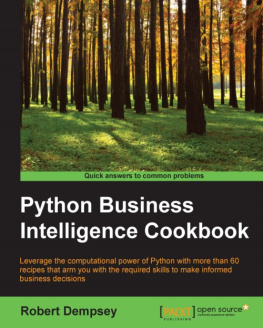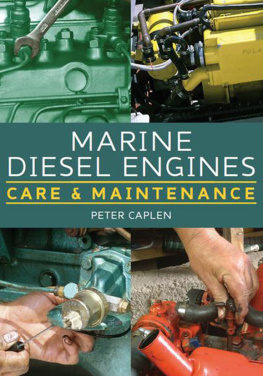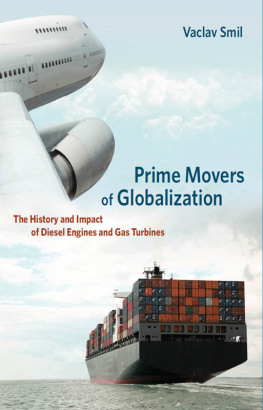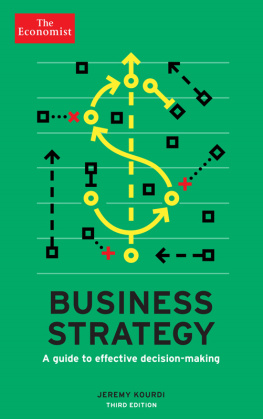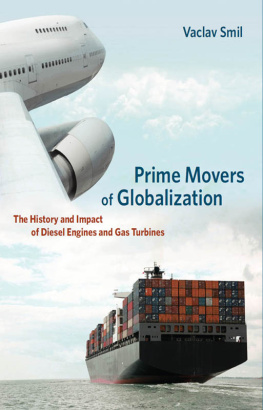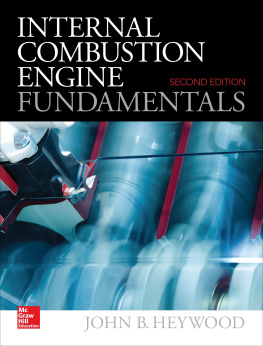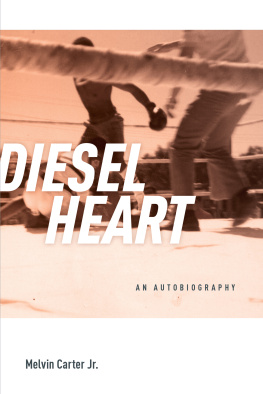Contents
Guide
Page List
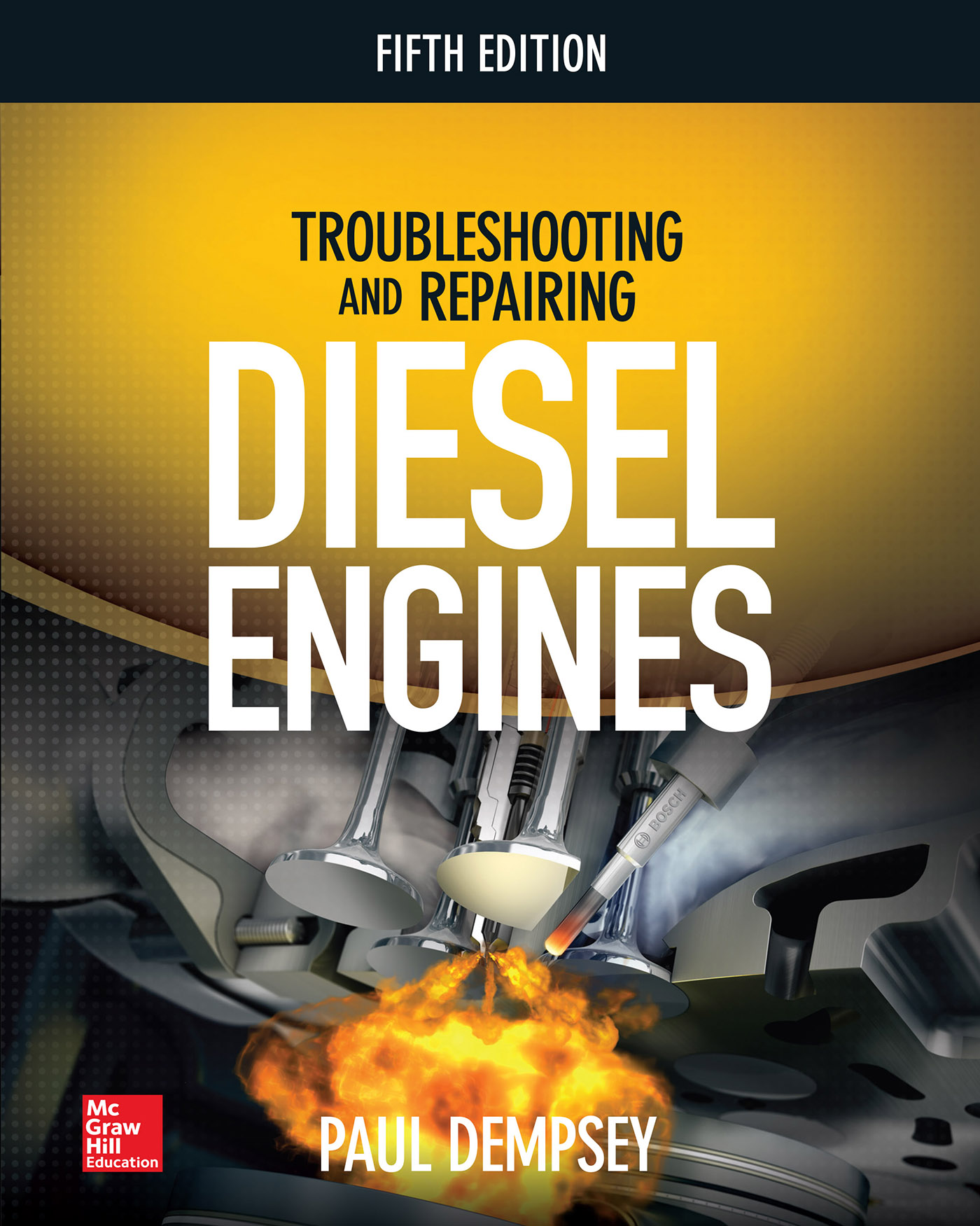

Copyright 2018 by McGraw-Hill Education. All rights reserved. Except as permitted under the United States Copyright Act of 1976, no part of this publication may be reproduced or distributed in any form or by any means, or stored in a database or retrieval system, without the prior written permission of the publisher.
ISBN: 978-1-26-011644-1
MHID: 1-26-011644-1
The material in this eBook also appears in the print version of this title: ISBN: 978-1-26-011643-4,
MHID: 1-26-011643-3.
eBook conversion by codeMantra
Version 1.0
All trademarks are trademarks of their respective owners. Rather than put a trademark symbol after every occurrence of a trademarked name, we use names in an editorial fashion only, and to the benefit of the trademark owner, with no intention of infringement of the trademark. Where such designations appear in this book, they have been printed with initial caps.
McGraw-Hill Education eBooks are available at special quantity discounts to use as premiums and sales promotions or for use in corporate training programs. To contact a representative, please visit the Contact Us page at www.mhprofessional.com.
Information contained in this work has been obtained by McGraw-Hill Education from sources believed to be reliable. However, neither McGraw-Hill Education nor its authors guarantee the accuracy or completeness of any information published herein, and neither McGraw-Hill Education nor its authors shall be responsible for any errors, omissions, or damages arising out of use of this information. This work is published with the understanding that McGraw-Hill Education and its authors are supplying information but are not attempting to render engineering or other professional services. If such services are required, the assistance of an appropriate professional should be sought.
TERMS OF USE
This is a copyrighted work and McGraw-Hill Education and its licensors reserve all rights in and to the work. Use of this work is subject to these terms. Except as permitted under the Copyright Act of 1976 and the right to store and retrieve one copy of the work, you may not decompile, disassemble, reverse engineer, reproduce, modify, create derivative works based upon, transmit, distribute, disseminate, sell, publish or sublicense the work or any part of it without McGraw-Hill Educations prior consent. You may use the work for your own noncommercial and personal use; any other use of the work is strictly prohibited. Your right to use the work may be terminated if you fail to comply with these terms.
THE WORK IS PROVIDED AS IS. McGRAW-HILL EDUCATION AND ITS LICENSORS MAKE NO GUARANTEES OR WARRANTIES AS TO THE ACCURACY, ADEQUACY OR COMPLETENESS OF OR RESULTS TO BE OBTAINED FROM USING THE WORK, INCLUDING ANY INFORMATION THAT CAN BE ACCESSED THROUGH THE WORK VIA HYPERLINK OR OTHERWISE, AND EXPRESSLY DISCLAIM ANY WARRANTY, EXPRESS OR IMPLIED, INCLUDING BUT NOT LIMITED TO IMPLIED WARRANTIES OF MERCHANTABILITY OR FITNESS FOR A PARTICULAR PURPOSE. McGraw-Hill Education and its licensors do not warrant or guarantee that the functions contained in the work will meet your requirements or that its operation will be uninterrupted or error free. Neither McGraw-Hill Education nor its licensors shall be liable to you or anyone else for any inaccuracy, error or omission, regardless of cause, in the work or for any damages resulting therefrom. McGraw-Hill Education has no responsibility for the content of any information accessed through the work. Under no circumstances shall McGraw-Hill Education and/or its licensors be liable for any indirect, incidental, special, punitive, consequential or similar damages that result from the use of or inability to use the work, even if any of them has been advised of the possibility of such damages. This limitation of liability shall apply to any claim or cause whatsoever whether such claim or cause arises in contract, tort or otherwise.
About the author
Paul Dempsey is a master mechanic and the author of more than 20 technical books including Small Gas Engine Repair (now in its Second Edition), and How to Repair Brigss & Stratton Engines (now in its Fourth Edition), both available from McGraw-Hill. He has also written more than 100 magazine and journal articles on topics ranging from teaching techniques to maintenance management to petroleum-related subjects.
Contents
Foreword
In a world of throwaway consumer products, diesel engines are an exception. Industrial engines, those built by established manufacturers such as Caterpillar, Cummins, Deutz and Daimler run for decades with only occasional repairs. Several of these have been used in American pickup trucks, although car makers prefer in-house power. The Ford-designed 6.7L Power Stroke follows industrial practice and, as a result, is in process of receiving a B10 rating, which means that 90% of them should run for 500,000 miles without having the cylinder heads or oil pan disturbed. Smaller engines intended for commercial use have something of the same durability.
The subjects covered include:
Diesel operation (what distinguishes diesel engines from spark-ignition engines)
How to install stationary and marine engines
Basic troubleshooting
Cylinder head and engine rebuilding
Mechanical fuel systems
Electricity for those who are new to the subject
Electronic fuel systems
Turbochargers and associated air systems
Starting and generating systems
Air and liquid cooling systems
Emission controls
This book is intended to supplement factory shop manuals, most of which are written cook-book style with little or nothing by way of explanation. Cook books are okay, if the only engine you will ever work on is the one you have a manual for. My aim in writing was to combine how-to instructions with theory. Understanding is the best, most essential tool a mechanic can have.
The more you know the easier the work becomes and the less money you waste on throwing parts at the problem. And should the job appear too demanding, an understanding of whats involved and a familiarity of the vocabulary puts shop mechanics on notice that they are dealing with a knowledgeable customer who will not be taken advantage of.
That said, diesel engines are simple mechanical devices, differing from gasoline engines only in the precision of their parts. Most repairs can be accomplished with no more than a good set of hand tools. Things get complicated when dealing with fuel systems. Special tools are needed together with an appreciation of how these systems work. You must also be aware of the hazards presented by high-pressure fuel and the lethal voltages that are sometimes present. But the rewards of working on these beautiful engines are real. Not only will you save moneyshop labor charges can top $150 an houryou will have the satisfaction that comes with accomplishment.
Paul Dempsey
Houston, TX
1
CHAPTER
Rudolf Diesel
Rudolf Diesel was born of German parentage in Paris in 1858. His father was a self-employed leather worker who, by all accounts, managed to provide only a meager income for his wife and three children. Their stay in the City of Light was punctuated by frequent moves from one shabby flat to another. Upon the outbreak of the Franco-Prussian War in 1870, the family became political undesirables and was forced to emigrate to England. Work was almost impossible to find, and in desperation, Rudolfs parents sent the boy to Augsburg to live with an uncle. There he was enrolled in school.



